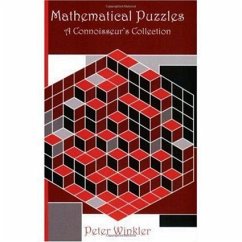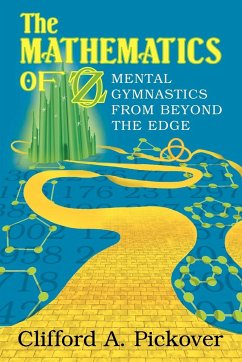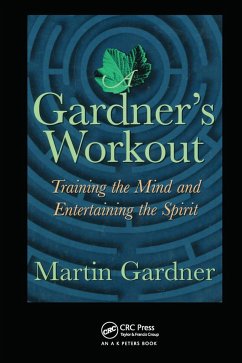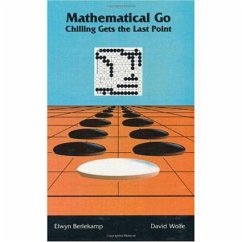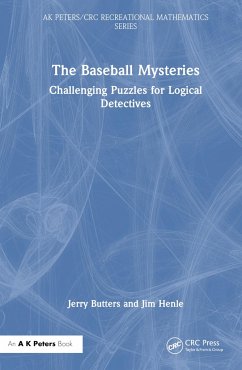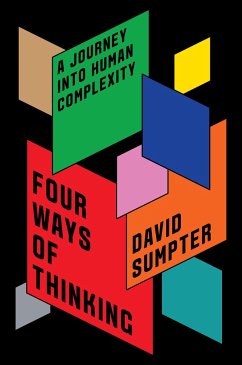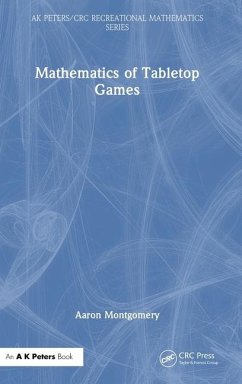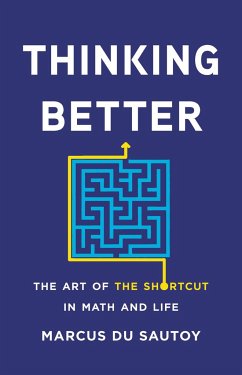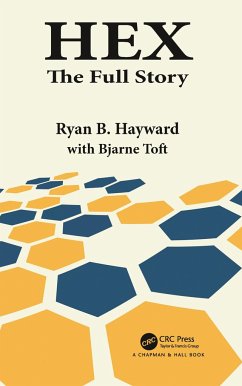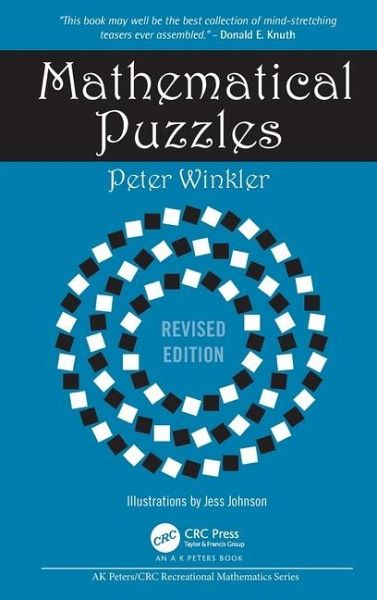
Mathematical Puzzles
Revised Edition
Versandkostenfrei!
Versandfertig in 1-2 Wochen
103,99 €
inkl. MwSt.
Weitere Ausgaben:

PAYBACK Punkte
52 °P sammeln!
Research in maths is much more than solving puzzles, but most people will agree that solving puzzles is not just fun: it helps focus the mind and increases one's armory of techniques for doing maths. This book makes this connection explicit by isolating important mathematical methods, then using them to solve puzzles and prove a theorem.




